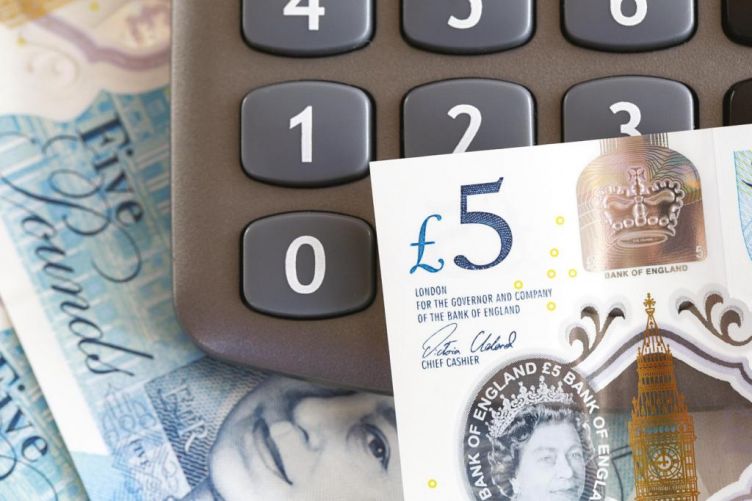There’s a lot to consider when taking on a franchise, not least the matter of investment, Carl Reader says
I usually advise people considering this subject that the first thing to look at when deciding whether a franchise is right for you is to compare the returns you might get from a franchise with the returns you might get from other investments and, indeed, starting your own business.
Weighing up these options will give you a far clearer picture to assist in making your decision.
Investment yield and capital growth
Typically, most people look at two things when appraising an investment - investment yield and capital growth.
As a rule of thumb, I’d typically expect a franchisee to be profitable from the second year of trading, although this will vary depending on the type of franchise and level of involvement of both the franchisee and franchisor.
The investment yield is the return you receive on a regular basis from your investment. This could be dividends from a shareholding or rent received on a property. In a business, this is the annual profits the business makes.
In addition to investment yield is capital growth, where you would typically expect the value of your investment to increase in line with other similar assets. This might be an increase of the share price for a listed company or an increase in property values for a rental property. For a business, this will be your resale value.
So when deciding whether to invest in a franchise, you need to look at both the projected investment yield - the profit the business will make - together with the capital growth - the eventual asset you will have to sell when you decide to exit the franchise.
Once you have an idea of the potential returns, both from a yield and asset perspective, you can then use these statistics to compare your potential venture against other types of investment, including starting a similar business outside of a franchise model.
When considering the profitability of a franchise, it’s important you examine what would be a reasonable salary for somebody doing the ‘job’ of a franchisee and reducing the profit by this amount, so that you have an underlying profit figure for the business itself.
Point of exit
Any capital growth is crystallised at the point of exit of the franchise, ideally through a resale to a new franchisee.
A franchise is valued in much the same way as any other business, although often there’s a track record of franchise resales in mature networks, meaning there are comparable businesses to help establish the resale value.
Although it might seem premature to be considering the exit value of your franchise before you have even chosen a franchisor, this is a sure way of ensuring you choose the right network for your desired end goals and that every decision you make during the selection process, and indeed while running the franchise, will work towards what you want to achieve in the future.
About the author
Carl Reader is author of The Franchising Handbook and The Start Up Coach, co-owner of dennisandturnbull.com and co-founder of yourbeargroup.com.













_(1)_59_59_80_s.jpg)






_59_59_80_s.jpg)








